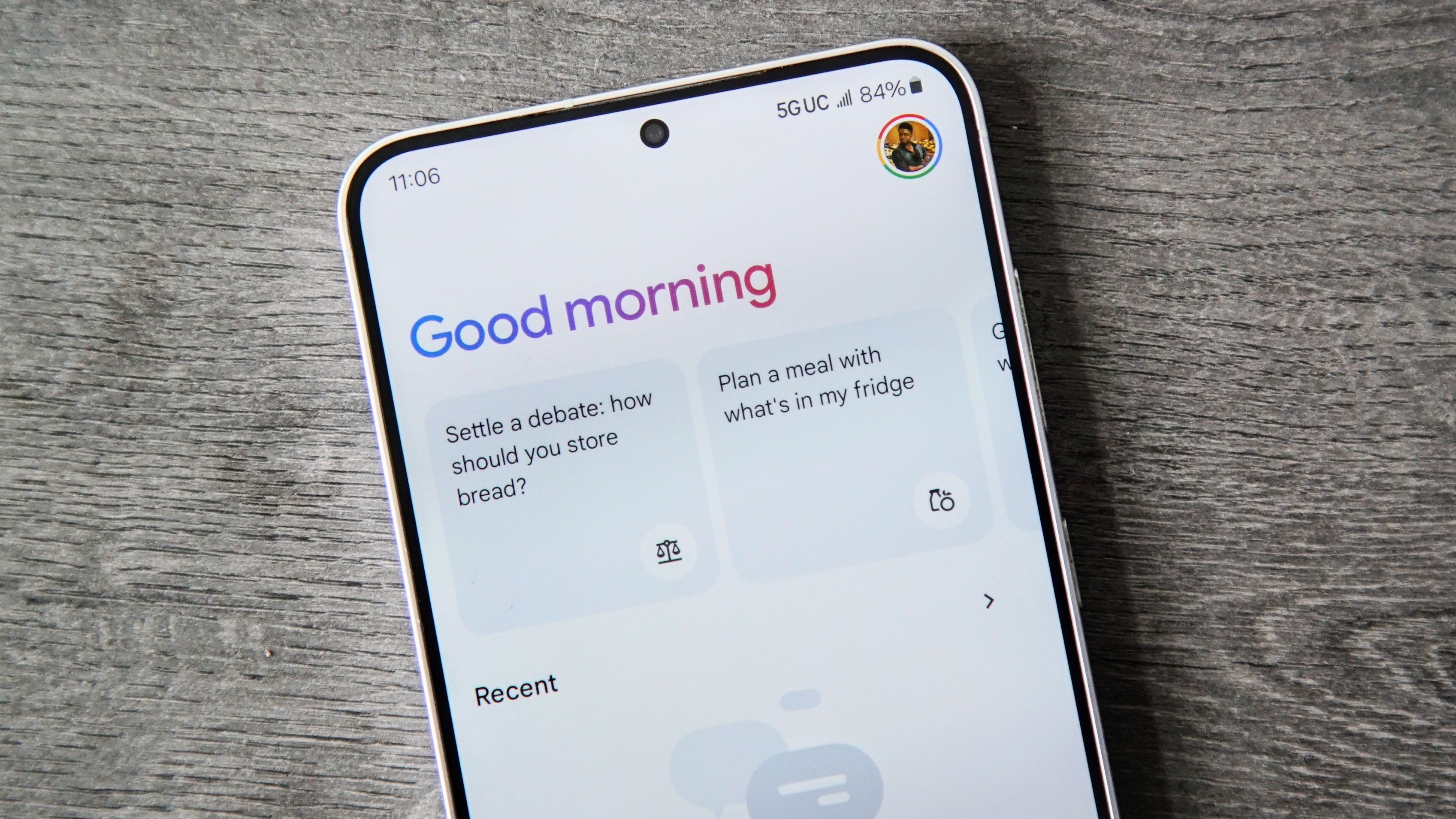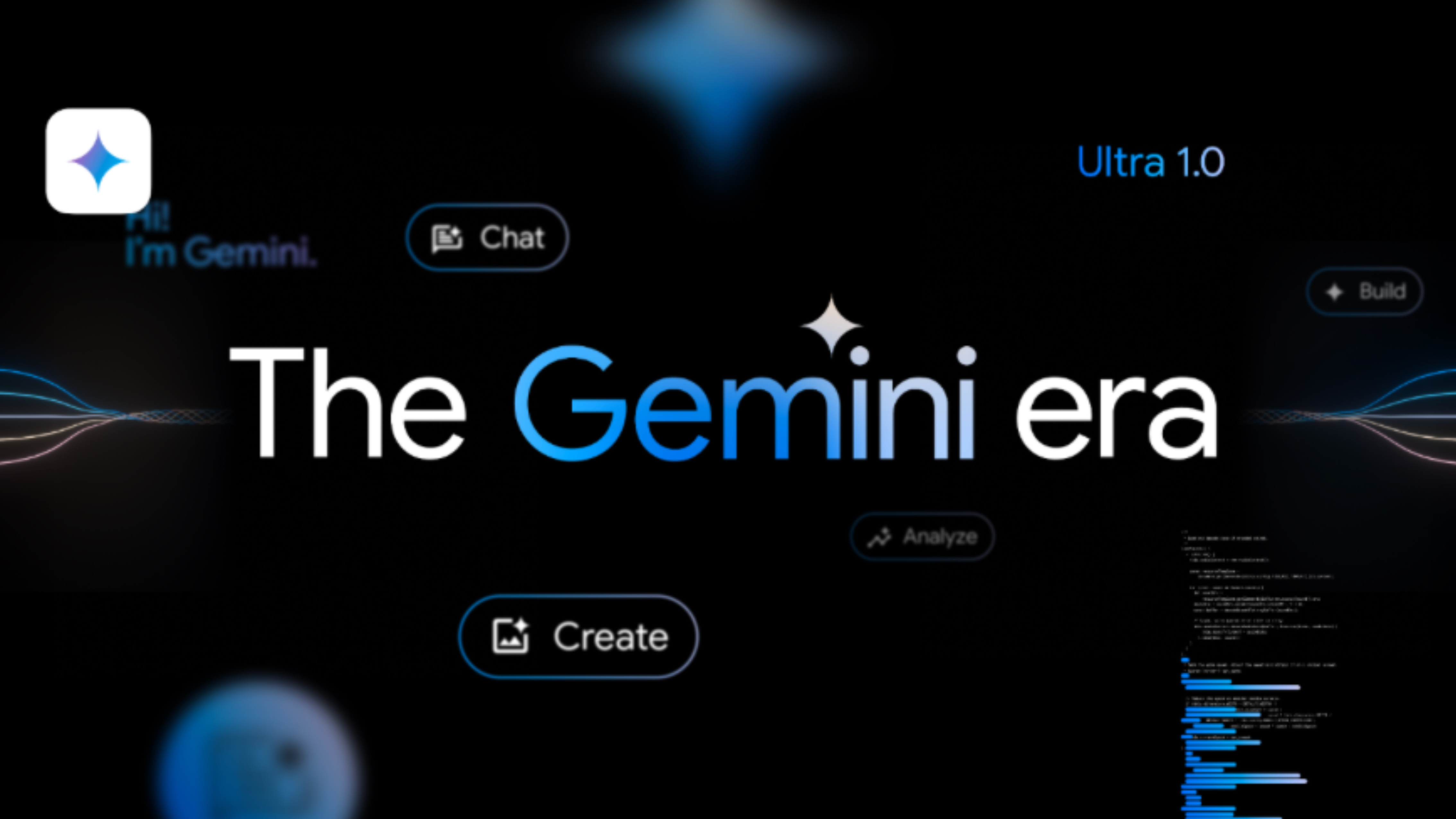Imagine a world where your phone knows your needs before you even say them, your fitness tracker personalizes your workout routine in real time, or your smart home adjusts the temperature to your mood. Thanks to ever-increasing artificial intelligence processing power on devices, this future is closer than you think.
But what exactly is on-device AI processing? Simply put, this means running artificial intelligence algorithms directly on devices such as smartphones or smartwatches, rather than relying on remote servers in the cloud. This local processing brings a range of benefits that are changing the way we interact with technology.
Many of the new AI features you often hear about use on-device processing. Samsung’s Galaxy AI and Google Gemini both leverage purpose-built microprocessors and phone hardware to run functions natively, although the exact requirements are still a bit up in the air.
For example, Samsung offers the full set of Galaxy AI features on the entire Galaxy S24 series, but Google doesn’t offer the same access to local processing on the smaller Pixel 8, which has less RAM. It is speculated that 12GB of memory is required to process LLM (Large Language Model), but neither Samsung nor Google confirmed this.
Why is on-device artificial intelligence important?

The shift to on-device AI processing brings several key advantages:
- Enhance privacy: By keeping user data on the device itself, on-device AI can minimize risk and ensure users have greater control over their personal information. This is especially important for sensitive data such as facial recognition or health records.
- Faster performance: Cloud-based AI relies on sending data back and forth between devices and servers. This communication may introduce delays, resulting in delayed response times. On-device artificial intelligence eliminates this delay, resulting in a smoother and more responsive user experience.
- Offline features: Not everywhere has reliable internet access. On-device AI allows AI-powered features to work even when you’re offline. Imagine using voice commands to control your smart home while camping, or translating languages on the go without a data connection.
- Improve security: Since data processing occurs locally, on-device AI reduces the attack surface for hackers. This is critical for applications that handle sensitive information, such as financial transactions or medical diagnostics.
- Power Efficiency: Continuously transferring data to the cloud drains battery power. On-device AI processing reduces reliance on the cloud, extending device battery life.
Due to these advantages, on-device AI is already making waves across various industries. On phones, facial recognition for unlocking, voice assistants like Siri and Google Assistant, and personalized camera filters are all powered by on-device AI.
On-device artificial intelligence enables smart speakers to more accurately understand your voice commands and personalize your home environment based on your preferences and habits. Fitness trackers can analyze your exercise patterns and heart rate data in real time to provide personalized guidance and activity recommendations.
Outside of the general consumer market, on-device AI also comes into play in ways you might not consider. Self-driving cars rely heavily on on-device artificial intelligence for real-time object recognition, pathfinding and collision avoidance. In factories and assembly plants, on-device AI allows connected devices to make decisions locally, optimizing performance and reducing reliance on centralized servers.
If a “smart” computer can do the trick, it’s best to do it locally. It’s faster, less dependent on “external” forces like an internet connection, and easier to correct.
The future of on-device artificial intelligence

The potential for on-device AI processing is huge. As device processors become more powerful and AI models become smaller and more efficient, we can expect more complex applications to emerge.
Possibilities include better context-aware computing, where your phone can predict your needs based on your location, time of day and past behavior. It can automatically adjust settings, recommend apps, or provide relevant information without you even asking.
Artificial intelligence can analyze your preferences and habits across applications to deliver a truly personalized user experience that adapts to your changing needs. It can also make security features more powerful – AI can better look for anomalies during fingerprint detection or face scanning. You don’t want these features to work through the cloud.
On-device AI processing is still in its early stages, but it will play an important role in shaping the future of technology. By delivering better privacy, faster performance, and greater security, on-device AI paves the way for a more intelligent and user-centric future.